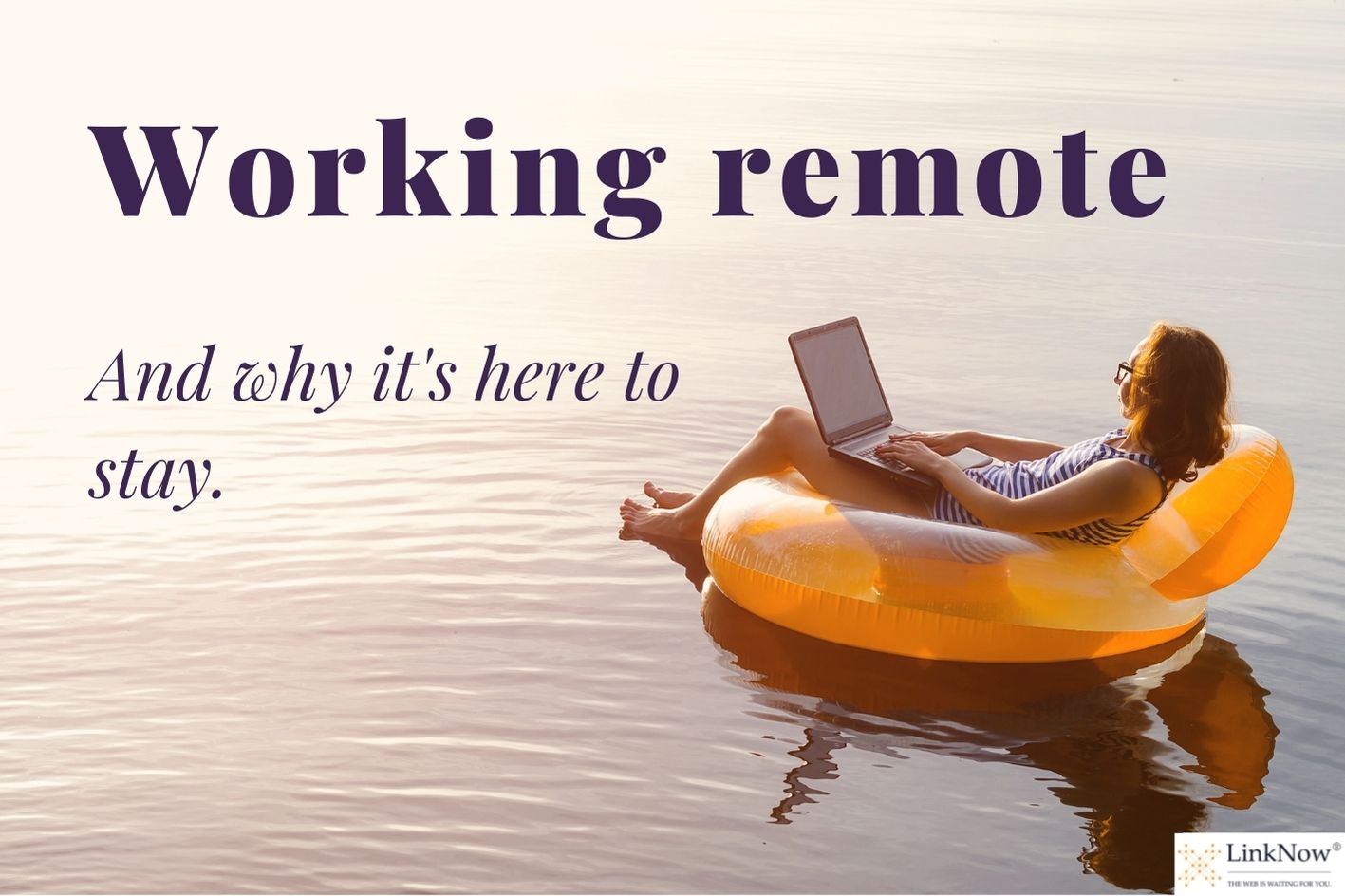 For many people, the transition from office workspaces to remote workstations has been welcome. Employees love it, and bosses seem to love it even more.
For many people, the transition from office workspaces to remote workstations has been welcome. Employees love it, and bosses seem to love it even more.
As the world opens up again, offices might welcome employees back to the workplace—but others might not. For many, remote work is simply here to stay.
Here are a few of the reasons why remote work yields positive benefits for everyone, from the CEO to the first-time client.
Remote Work and the Many Upsides
The shift from bustling workplaces to home offices didn’t just come out of nowhere. It took a global pandemic for us to take the plunge many employees had been eager to make (a pre-pandemic study conducted at Duke University found that 82% of all polled employees would like to spend at least one day out of the office per week).Now that many of us have settled into our home offices, the work from home (WFH) model seems like a no-brainer. There are just too many benefits.
5 Reasons Remote Work’s Not Going Away
1. Increase in Productivity
Many people were concerned about a downward shift in productivity when offices fled from the cubicles to their apartments and family homes. With little managerial oversight and loads of distractions at home, could employees stay on task?The answer, so far, has been a big resounding yes. Stanford University studied the work habits of over 16,000 remote workers over a 9-month period. What did they find? They discovered that productivity actually increased by 16%.
What can account for this surprising boost in productivity? The study attributes these encouraging numbers, largely, to a less hectic and more convenient working environment—but that’s not all.
2. Goodbye to the Office Cold
The boost in workplace productivity can also be attributed to employees taking fewer sick days, studies suggest. Historically, office suites have been major incubators for yearly flu and colds. With less social interaction, people aren’t getting sick as often.That said, evidence suggests that some people are simply opting to plug in and work even when they’re feeling under the weather.
Remember: Employers give you sick days for a reason. In the long-run, it’s better for everyone to be happy and healthy when they’re on the job.
3. Done with Costly Commutes
Most people aren’t lucky enough to live within walking distance of their workplace. Many have to drive, bus, walk, or bike to work. This is time when they could be relaxing or even working. It costs employees money, and it even takes a toll on the environment, too.Remote work has eliminated the daily commute for so many individuals. For the many who considered the commute the worst part of their day, this is more than a welcome change. They’re able to start the day in a more positive frame of mind—and with positivity, comes greater productivity.
4. Improved Work-Life Balance
One of the biggest worries about the transition to remote work had to do with the average person’s work-life balance. People were worried that it would be hard for individuals to juggle their professional and personal lives when they both existed in the same place. Was this a challenge for some? Yes, but not all.According to a survey of 4,000 individuals, nearly ¾’s said that working from home improved their work-life balance.
What could account for this improvement? For many, it has to do with the comfort of their workspace. Some people are better suited to working in private areas. They might also feel less stress knowing that they are not being micro-managed by their team managers.
Addressing Remote Work’s Downsides
For all these benefits, there are still a few downsides to the work-from-home way of running a business. Some people have a hard time staying on task, while others truly miss the workplace culture that they’d participated in over the last few years. What about these people? Well, many companies are introducing a hybrid model.The Hybrid Solution
By building your company to cater to both sorts of employees, you cultivate the best of both worlds. You have an office where employees are free to spend as much time as they like—or a mandatory day per week, perhaps—and the option for people to WFH.The hybrid model gives people the freedom to work in peace while still giving space for an environment where big conversations and collaboration can occur. Despite how much we might love working from home, it is true that we all miss the inspiration that can come from team meetings.
Tell Us What You Think
Have you enjoyed working from home the last year or two? Do you have a routine that keeps you focused? We want to hear about it in the comments below!LinkNow’s always on the lookout for fresh talent to join our digital office. Browse our Job Openings to see what positions we currently have available.

